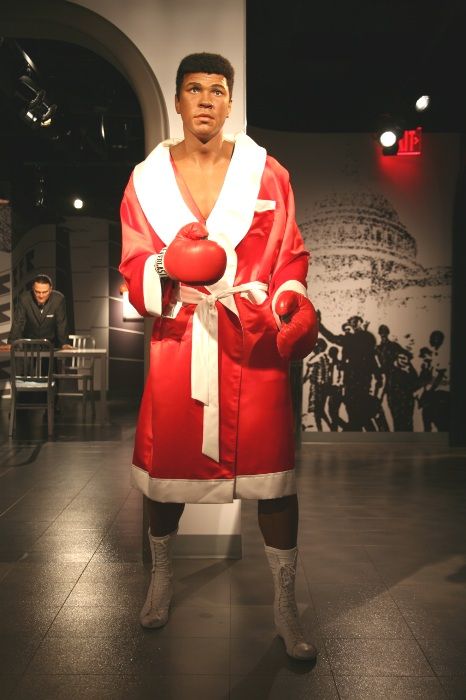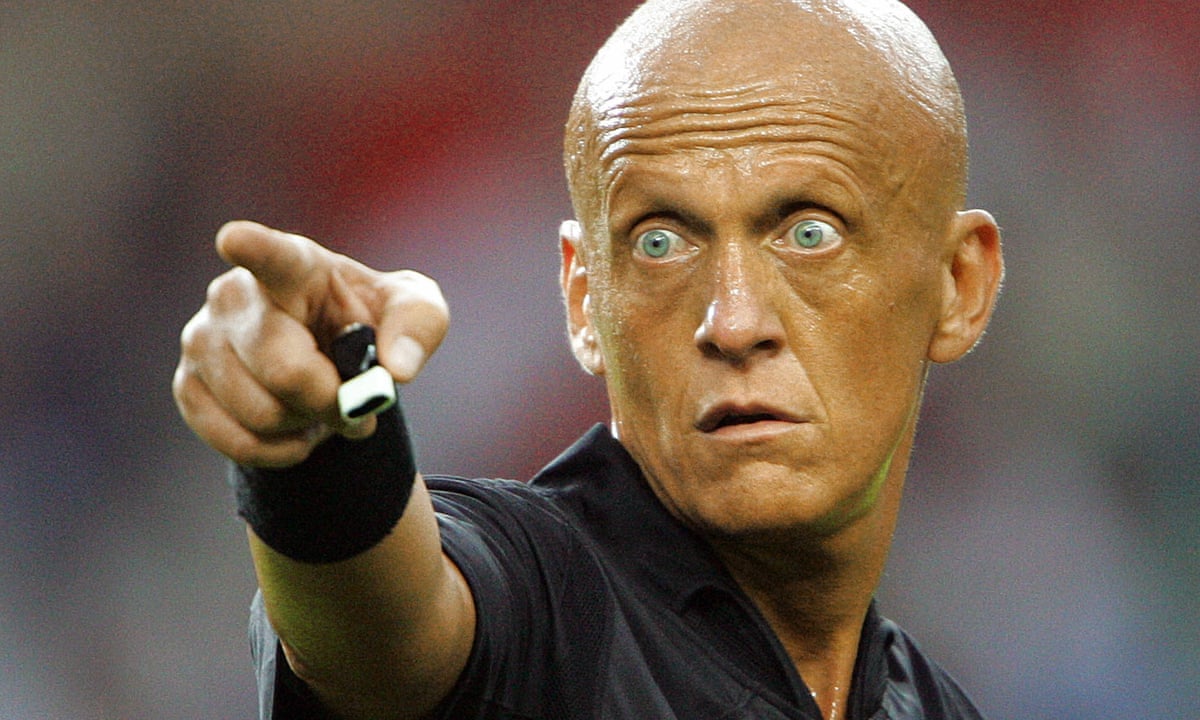
There are some outstanding names when it comes Portuguese soccer. Luis Filipe Madeira Caeiro Figo is one of these great names. Another is Fernando Peyroteo. These players are amongst some of the best ever.
Fernando Peyroteo
Fernando Peyroteo is Portugal’s greatest goal scorer. Peyroteo was born in Angola and managed to score nearly two goals per game while playing at Sporting L. Peyroteo also excelled as a passer with 5* passing ability. Even though he wasn't at the level Cristiano Rondo, he was still a valuable player to Portugal.
Peyroteo played for Sporting Lisbon for 12 seasons and was part of five Primeira Liga titles and five Taca de Portugal cup winners. In 20 matches, he scored 13 goals for Portugal's national football team.
Cristiano Ronaldo
Cristiano Ronaldo first represented Portugal's national team at the age of 18 and has played ever since, winning over 180 caps. He has scored more than 100 goals internationally and is Portugal's top goal scorer. He has played in eleven major tournaments and was named the greatest Portuguese player of all-time.

Portugal and the club's star have a special relationship. He was instrumental in helping them win the Euro 2016 and 2019 Nations League. He is also captain of the Portuguese national soccer team. His dream is to win the World Cup.
Luis Filipe Madeira Caeiro Figo
Luis Filipe Madeira Caeiro figo is a retired Portuguese soccer player who played for Sporting CP, Barcelona, Real Madrid and Internazionale. He is considered one of the most talented players in the world, and his career spanned nearly 20 years. Almada was where he was born. He was part the "Golden Generation" young Portuguese footballers. Luis played as a winger for Sporting CP, and went on to play for the national team of Portugal.
Figo has won 127 caps for Portugal. He is still Portugal's most capped player. He has played at two World Cups in addition to Germany. He was instrumental in Portugal reaching the semi-finals of the European Championship. In the end, they lost to Greece. His career ended at Inter Milan.
Fernando Mendes Soares Gomes
Fernando Mendes Soares Gomes has been one of the most popular players in Portuguese soccer's history. He was a player for many teams, including Sporting Lisbon and Porto. He was a prolific scorer, winning five Portuguese leagues and three domestic supercups. After having played for Sporting Lisbon in his final season, Gomes decided to retire from professional soccer. Gomes played for Sporting Lisbon in his final season and helped the club reach the semi-finals of the UEFA Cup.
Gomes had great success playing for Porto in the 1970s. He later played for Sporting CP in the Primeira Liga, and spent two seasons with Sporting de Gijon in Spain. He was part of his country's 48-player team and scored 13 goals. He also competed in UEFA Euro 84 and the 1986 FIFA World Cup.

Rui Costa
Rui Costa, a former professional Portuguese footballer, made his debut at FC Porto in the age of 11. Born in Amadora he rose quickly through the ranks and was one of the best midfielders of his generation. His versatility and great first touch made him a standout in crowded areas.
Costa was the FIFA U-20 World Cup winner with Portugal in 1991. He also won the Toulon Tournament title in 1992. He was named Top Scorer and Best Player of the Tournament during both these events. He was also a two-time member of the UEFA European Championship team, in 2000 and 1996. He was the UEFA Champions League’s top assist winner in 2002-03. Despite his numerous accolades and international experience, he announced his retirement from professional football after the 2007-08 season.
FAQ
What is soccer?
Soccer is an international game played by two teams. Each team has a goal at one end. The objective of the game, which is to win the most goals, is to have the best team. There are rules that govern how the ball is handled and who can play it. The game of soccer was first played in England in the late 1800s. However, it wasn't recognized as a valid sport until FIFA (Federation Internationale de Football Association), created its first world championship in 30. Today, over 200 countries have their national federations. These governing their own leagues or tournaments. As of 2016, over 3 billion people worldwide play some form of soccer.
What does the letter "A" stand for in soccer?
The letter "A" stands for Association Football, which is the official name of soccer. The game's name, association, comes from the fact it was created in England by Oxford University students.
What position do I play on a soccer team?
In order to play on a soccer team, you must be selected by the coach. There are several positions that can be filled on a soccer squad. These include goalkeepers, defenders and midfielders. Each player has specific responsibilities.
Statistics
- The Laws of the Game do not specify any player positions other than goalkeeper, [74] These positions are further subdivided according to the area of the field in which the player spends the most time. (en.wikipedia.org)
- They are not just good at dribbling because they are talented alone, but because they put in 100% effort during every practice. (coachtube.com)
- Even with the new issuance, control of the club will be retained by the Glazer family as they will retain 67% of B shares which have voting power, so little will likely change in the general approach taken to the finances of the club. (sites.duke.edu)
- After hosting an entertaining World Cup finals in 1994, the United States possessed some 16 million football players nationwide, up to 40 percent of whom were female. (britannica.com)
- the estimated cumulative television audience for the 2006 World Cup in Germany was 26.2 billion, an average of 409 million viewers per match." (en.wikipedia.org)
External Links
How To
How to play soccer
You need to be able to play soccer well. These skills should be improved. It is important to practice these skills every day. These steps will help you learn how to play soccer correctly.
-
Practice dribbling. Dribble around the field until you get comfortable with it. You should practice dribbling in 5 minute bursts. Once you feel comfortable with dribbling, increase the duration to 10 minutes. You can continue practicing this technique each day.
-
Practice passing. Practice passing the balls in front of and behind your eyes. It is important to correctly pass the ball to the person in the available space. Try to avoid throwing long passes. It is best to throw the ball straight to the player that needs it. This will help you save energy as well as keep your body warm.
-
Practice heading. You must be able to accurately place the ball into the net when heading. You must practice positioning yourself to achieve this goal. Standing directly in front of the target, face the goal. Next, bend forward and place the ball under you chin. Next, raise your head up and look towards the top left corner of the net. Your eyes should be straight ahead. Then, get up and release the ball.
-
Practice tackling. Tackling is a difficult skill to master. But once you master it, football is much more enjoyable. Begin by covering your chest and shoulders with your hands. Don't try to go lower. Remember to keep the arms straight up and close to the body. It is better to tackle in smaller groups of two people. One player serves as the defender, while the other acts as an attacker. As soon as the attacker gets past the defender, they must immediately tackle him.
-
Learn how to shoot. It takes a lot of practice to shoot well. You will need to find a spot that you can shoot comfortably from. The goal is near your target. Now, you need to focus on your form. Now, hold the ball between both your hands. Keep it far from your body. Point your toes up and bend your knees. Make a circular motion with your wrist to shoot the ball. Make sure to aim for the corner in the bottom left of the goal.
-
You can improve your running skills by practicing. Running is another skill that can take some time to master. Start slowly and build speed. Running should not be used for attacking, it can cause injury to your muscles. Instead, run towards the goal to assist your teammates.
-
Practice kicking. Kicking can be one of most difficult skills to master but also one that is the easiest. You need to strengthen your core, legs and core to kick correctly. One leg at a a time, place both your feet together. Slowly kick the ball towards the net using only your heels.
-
Do it again. This skill is vital to your success as a player. Dribbling is a way to control the pace and play the game. Dribbling is crucial to controlling the pace and preventing your opponents from catching up or overtaking you. Consistency is the key to mastering dribbling. You shouldn't change how you dribble every single day. Stick with what works for your body.
-
Do not practice kicks. Free kicks are usually delivered after a foul or when the goalkeeper commits a mistake. The free kick allows you to score goals without playing the whole match. It is a good idea to aim for the corner of the goal. Always use your instep, not your heel.
-
Practice defending. Defending is all about positioning. You must stay close to your opponent when you play defense. Block his path so that he doesn't score. Always look out for the safety of your teammate.